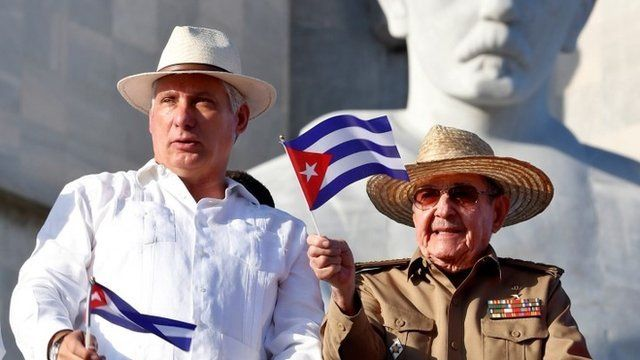América Latina & Caribe
8144 readers
12 users here now

[GUARANÍ] Tereg̃uaheporãite / [ES] Bienvenidos / [PT] Bem vindo / [FR] Bienvenue / [NL] Welkom
Everything to do with the USA's own Imperial Backyard. From hispanics to the originary peoples of the americas to the diasporas, South America to Central America, to the Caribbean to North America (yes, we're also there).
Post memes, art, articles, questions, anything you'd like as long as it's about Latin America. Try to tag your posts with the language used, check the tags used above for reference (and don't forget to put some lime and salt to it).

founded 4 years ago
MODERATORS
1
2
3
4
5
88
Chilean Communist Jeannette Jara wins left’s presidential primary, will battle pro-Pinochet candidates
(www.peoplesworld.org)
6
30
7
8
9
10
98
Javier Milei Faces Impeachment after Declaring that “Iran is an Enemy of Argentina”
(resumen-english.org)
11
12
13
14
16
Argentina Supreme Court Upholds Cristina Fernández de Kirchner’s Conviction
(resumen-english.org)
15
16
17
18
19
17
Venezuela’s 2025 Legislative and Regional Elections: A Quick Guide - Venezuelanalysis
(venezuelanalysis.com)
20
21
22
25
Supporters of Evo Morales Begin March to La Paz to Register Presidential Candidacy - Telesur English
(www.telesurenglish.net)
23
24
25
view more: next ›









 Maoist United Soviets of America vs Stalinist Mexico-Brazil-Chile Pact(M-L)
Maoist United Soviets of America vs Stalinist Mexico-Brazil-Chile Pact(M-L) 
